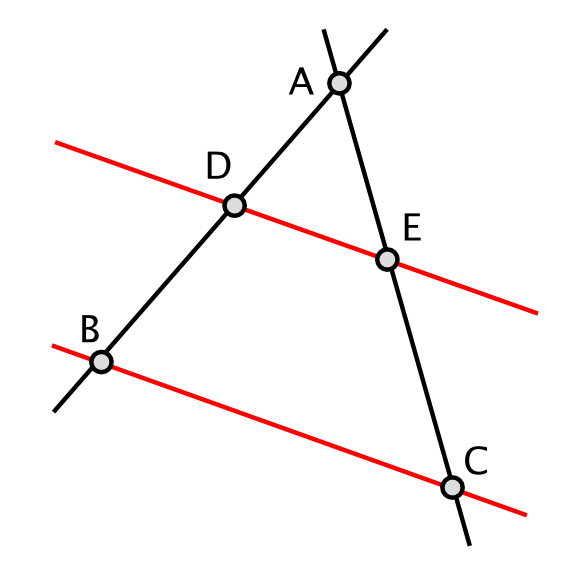Definition of Geometry: Geometry is a branch of mathematics concerned with the properties, measurements, and relationships of points, lines, angles, surfaces, and solids. It is divided into two main branches: plane geometry, dealing with flat shapes like squares and circles, and solid geometry, dealing with three-dimensional objects like cubes and spheres. Geometry is fundamental to many fields, including architecture, engineering, physics, and art, and plays a crucial role in everyday problem-solving and reasoning.
Etymology and Origin: The term ‘geometry’ originates from the Greek words ‘geo’, meaning ‘earth’, and ‘metria’, meaning ‘measurement’. The practice of geometry began as a practical way to measure land and plot fields, particularly in ancient Egypt and Mesopotamia. Over time, it evolved into a more abstract and theoretical discipline, with significant contributions from ancient Greek mathematicians like Euclid, whose work laid the foundations for much of modern geometry.




2 comments